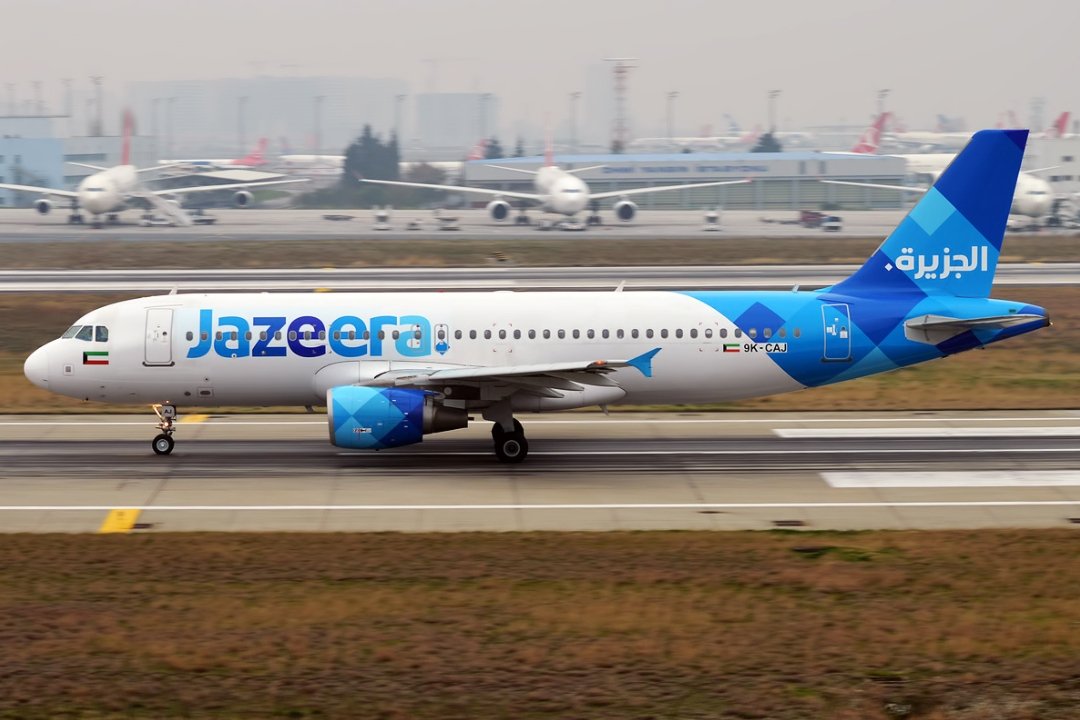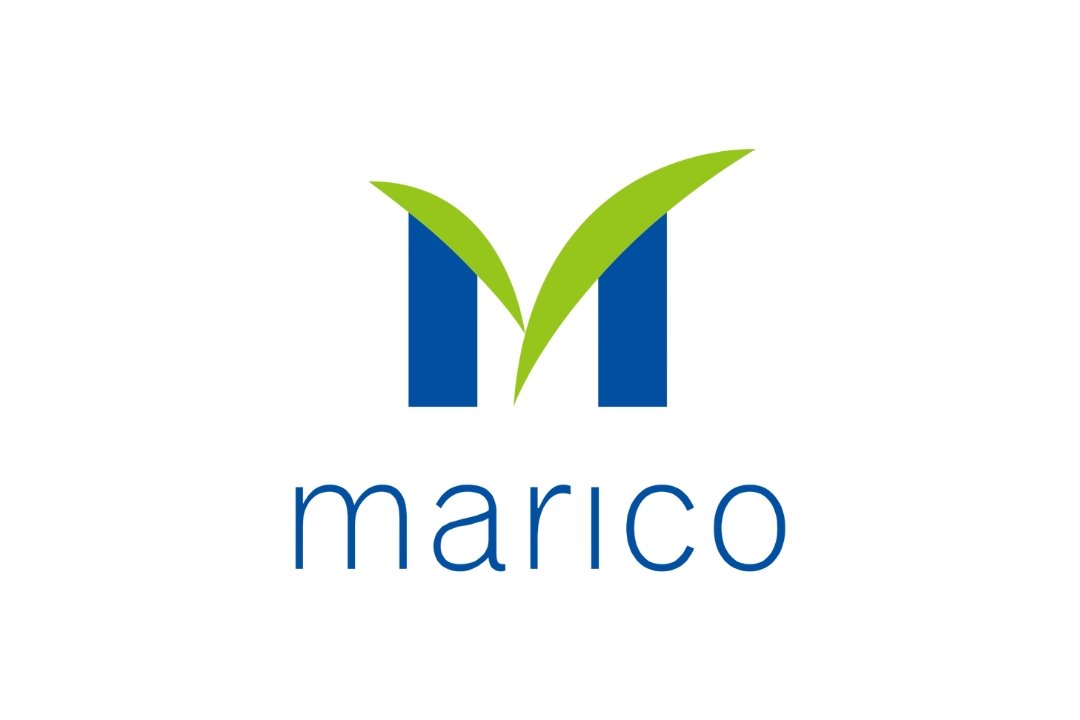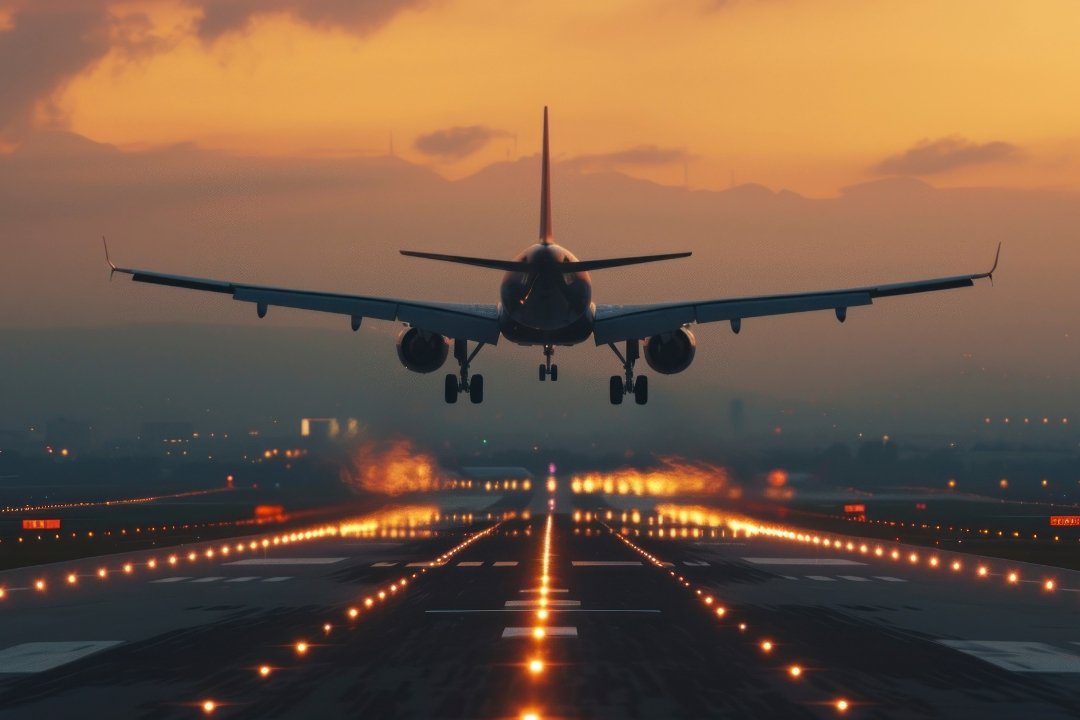Korean Air has announced the appointment of Kyoung Hee Kang as its new Regional Manager for Vietnam, a move aimed at meeting the growing demand for travel between South Korea and Vietnam. With the airline’s increasing focus on strengthening its footprint in Southeast Asia, Kang’s appointment comes at a crucial time for the company as it seeks to expand its presence in one of the region’s most dynamic and fast-growing markets.
Kang, who has been with Korean Air since 1997, brings over two decades of experience in various strategic roles within the airline. Throughout her career, she has gained extensive expertise in passenger sales, human resources development, and regional operations. Prior to this appointment, Kang served at Korean Air’s regional headquarters in South Korea, where she led the sales management group and was responsible for overseeing the airline’s operations in Singapore and Malaysia. Her diverse background within the airline has prepared her well for the challenges and opportunities in the Vietnamese market.
In a statement, Korean Air highlighted Kang’s qualifications, noting that her academic background in communications and media, combined with her broad experience in aviation, perfectly aligns with the airline’s strategic goals for growth in Vietnam. The company’s statement also emphasized her role in advancing the airline’s market development and enhancing its stakeholder engagement in the region.
“Vietnam represents one of Korean Air’s most dynamic markets in Southeast Asia, with our extensive network serving Ho Chi Minh City, Hanoi, Danang, Nha Trang, and Phu Quoc,” Kang said in the announcement. “The country’s robust economic growth and increasing demand for both business and leisure travel present significant opportunities. We are committed to strengthening our presence across these five key Vietnamese destinations and enhancing connectivity between Vietnam and our global network through our Seoul Incheon hub.”
Kang’s appointment comes at a time of significant growth in travel demand between South Korea and Vietnam, especially in the wake of the pandemic. Korean Air has already made moves to capitalize on this by expanding its flight offerings. Recently, the airline announced it would increase the frequency of flights to Nha Trang and Phu Quoc, two popular destinations in Vietnam, in response to rising demand.
From October 27, flights between Seoul Incheon and Nha Trang, a famous beach destination on Vietnam’s south-central coast, will increase from one to twice daily. Similarly, flights from Seoul Incheon to Phu Quoc, a well-known tropical island in southern Vietnam, will double in frequency from December 15, just in time for the winter season. These increases reflect Korean Air’s commitment to catering to the growing numbers of both business and leisure travelers seeking better connectivity between the two countries.
In addition to these new routes, Korean Air continues to operate daily flights to Ho Chi Minh City, Danang, and Hanoi, further solidifying its position as a leading carrier on the Vietnam-South Korea route. Some of these flights are operated using the airline’s modern A321neo aircraft, which is known for its fuel efficiency and passenger comfort.
Korean Air’s investment in expanding its network in Vietnam also aligns with broader trends in tourism. According to data from the General Statistics Office, South Korea was the largest source of inbound tourists to Vietnam from January to October this year, with 3.73 million South Korean visitors recorded. This figure represents a significant 28.5% increase compared to the previous year, underlining the growing ties between the two nations and the ever-expanding demand for travel between South Korea and Vietnam.
Korean Air, operating from its global hub at Incheon International Airport (ICN), serves 114 cities across 40 countries and five continents. With a fleet of 158 modern aircraft and a team of over 20,000 professionals, the airline is well-positioned to continue its growth in the Southeast Asian market. The company’s commitment to improving connectivity, enhancing passenger services, and expanding its network is expected to help sustain the momentum of the Vietnam-South Korea travel market.
“Vietnam represents one of Korean Air’s most dynamic markets in Southeast Asia, with our extensive network serving Ho Chi Minh City, Hanoi, Danang, Nha Trang, and Phu Quoc,” Kang said in the announcement. “The country’s robust economic growth and increasing demand for both business and leisure travel present significant opportunities. We are committed to strengthening our presence across these five key Vietnamese destinations and enhancing connectivity between Vietnam and our global network through our Seoul Incheon hub.”
Kang’s appointment comes at a time of significant growth in travel demand between South Korea and Vietnam, especially in the wake of the pandemic. Korean Air has already made moves to capitalize on this by expanding its flight offerings. Recently, the airline announced it would increase the frequency of flights to Nha Trang and Phu Quoc, two popular destinations in Vietnam, in response to rising demand.
Korean Air’s investment in expanding its network in Vietnam also aligns with broader trends in tourism. According to data from the General Statistics Office, South Korea was the largest source of inbound tourists to Vietnam from January to October this year, with 3.73 million South Korean visitors recorded. This figure represents a significant 28.5% increase compared to the previous year, underlining the growing ties between the two nations and the ever-expanding demand for travel between South Korea and Vietnam.
Korean Air, operating from its global hub at Incheon International Airport (ICN), serves 114 cities across 40 countries and five continents. With a fleet of 158 modern aircraft and a team of over 20,000 professionals, the airline is well-positioned to continue its growth in the Southeast Asian market. The company’s commitment to improving connectivity, enhancing passenger services, and expanding its network is expected to help sustain the momentum of the Vietnam-South Korea travel market.










